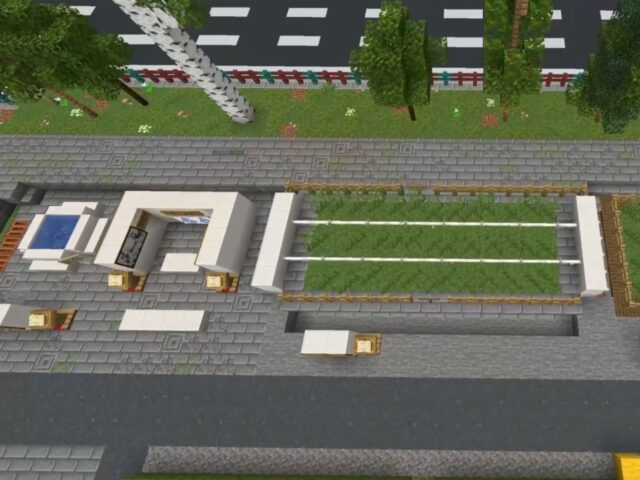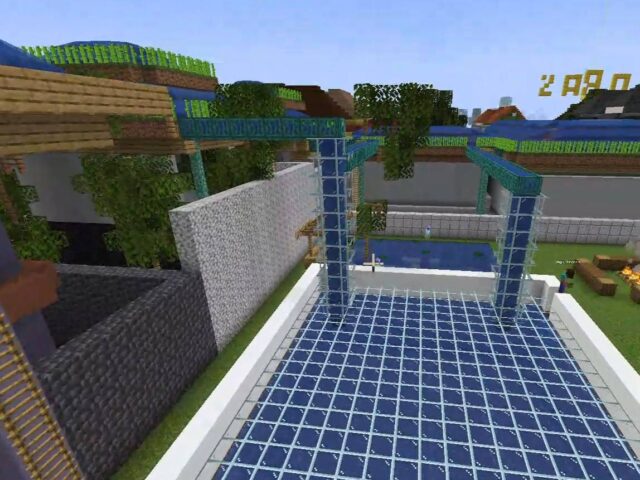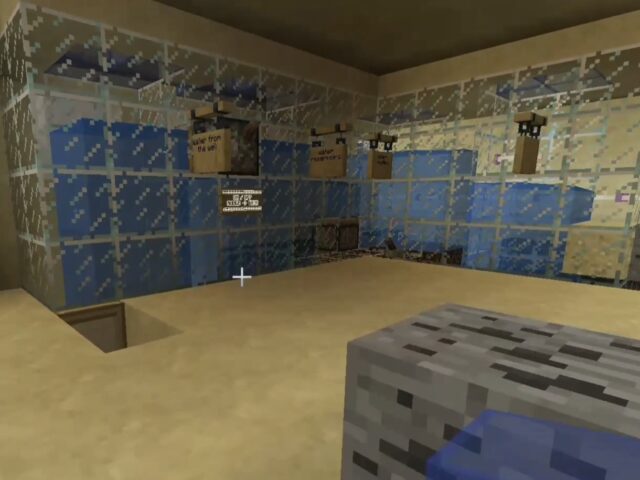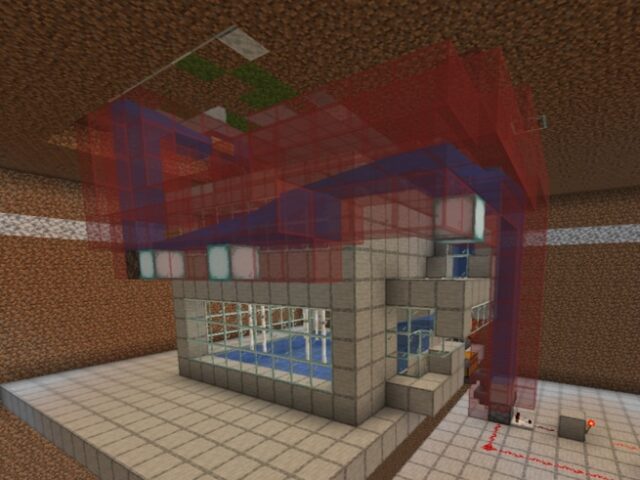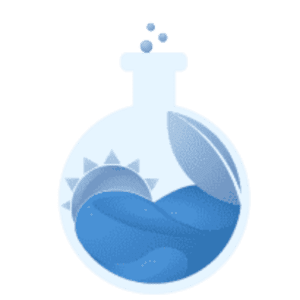Introduction
Lapangan Puputan Renon, a well-known public space in Denpasar, Bali’s capital city, is a major draw for both local and international tourists. Its popularity is rooted in its expansive green surroundings and the iconic Bajra Sandhi Monument situated at its core, which carries significant cultural importance. Conveniently positioned near government offices and other tourist attractions, Lapangan Puputan Renon plays a pivotal role as a hub for local community activities. Supported by local stakeholders, this site is an excellent choice for our program aimed at addressing water and climate challenges in Bali Island.
Problem Statement
The specific issue identified relates to the inadequate treatment of wastewater, with approximately 80 percent of the world’s wastewater being released into the environment without proper treatment. This challenge has significant local and global implications. At the local level, including the Renon area, it poses a direct threat to public health as untreated wastewater can contain various pollutants that contaminate local water sources. Additionally, it can harm aquatic ecosystems and reduce the availability of clean water for domestic and agricultural use. On a global scale, it contributes to the degradation of water quality in rivers, lakes and oceans, which, in turn, affects the entire earth. The marine ecosystem, in particular, is vulnerable to the pollutants and nutrients in untreated wastewater, leading to issues like eutrophication and biodiversity loss.
Research and Analysis
Wastewater, a product of urbanisation and industrialisation, is increasingly posing a significant threat to public health and the environment. Among the various types of wastewater, blackwater and greywater stand out as major contributors to the pollution of water bodies and the contamination of vital resources. Blackwater represents the most hazardous type of wastewater. It is characterised by urine and faecal contamination, often originating from toilets and sanitation facilities. Meanwhile, greywater originates from bathrooms, laundries, and kitchen contaminations. Although less contaminated than blackwater, it still contains organic matter, detergents, and chemicals that can harm the environment.
The improper disposal of blackwater and greywater significantly increases the risk of transmitting diseases and contaminating plants with harmful chemicals. Both blackwater and greywater also have the potential to harm aquatic ecosystems and contaminate groundwater reservoirs, which are an essential source of drinking water in many regions, including Renon. Urbanisation plays a pivotal role in exacerbating the challenges associated with wastewater contamination. As populations flock to cities and urban areas expand, the demand for clean water supply also increases.
One relevant case study demonstrating successful wastewater management is the implementation of Wastewater Treatment Plant (WTP) or IPAL (Industri Pengolahan Air Limbah) systems in Indonesia. These facilities are designed to treat both industrial and domestic wastewater, thereby preventing the release of untreated or poorly treated wastewater into the environment. While this approach can be classified as a successful system, there are issues regarding cost, energy, and sustainability, and it would be good for us to provide a better outcome or idea.
Proposed Solution/Action Plan
Our team, 4LITA, focuses on resolving untreated greywater problems around Bajra Sandhi areas. Our plan involves constructing wetlands in the Lapangan Niti Mandala Renon (or Lapangan Puputan Renon) and replacing the current water source used for maintaining this field with the treated water generated by our wetlands. We also plan to showcase these efforts to the public with the primary goal of raising awareness and providing education on this critical issue.
The key innovation in our project stands out by incorporating recreational and aesthetic enhancement into the Lapangan Puputan Renon. Many greywater treatment projects primarily focus only on the functional, but we make it go a step further by creating an attractive, park-like environment. By showcasing the educational part, we actively engage the community and encourage them to adopt similar solutions to create long-term behaviour change and a culture of responsible water use. Based on these strategies, we design and construct the wetlands tailored to the site’s condition. Regular monitoring will ensure the efficiency of the treatment.
Minecraft video of our Constructed Wetland
Minecraft video of our Education Park
Expected Outcomes and Impact
The primary outcome of our initiative is the effective resolution of untreated greywater problems around Bajra Sandhi areas through the construction of wetlands. By replacing the current water source for maintaining the Lapangan Puputan Renon with treated water generated by our wetlands, we will ensure a clean, sustainable water supply for this prominent public space. Furthermore, our public awareness and educational efforts will instil a culture of responsible water use and promote the adoption of sustainable solutions within the local community and tourism.
In the short term, the community around the Bajra Sandhi areas will benefit from improved water quality and an enhanced public space, making it more appealing for both locals and tourists. In the long term, the project will contribute to cleaner water sources, reduced environmental pollution, and a shift in community attitudes towards water conservation.
Conclusion
In summary, our proposal addresses untreated greywater issues around the Bajra Sandhi areas through innovative wetland construction. It also incorporates aesthetic enhancements and public education to promote responsible water use. This project is significant as it not only resolves environmental concerns but also creates a model for sustainable urban development in Bali.
Check our presentation slide below for further details:

Written by (in alphabetical order): Brithcelya Simatupang, Jonathan Calvin Rimbun Sinaga, Putu Kavya Santha Guna, Realytha Selvia Meka

